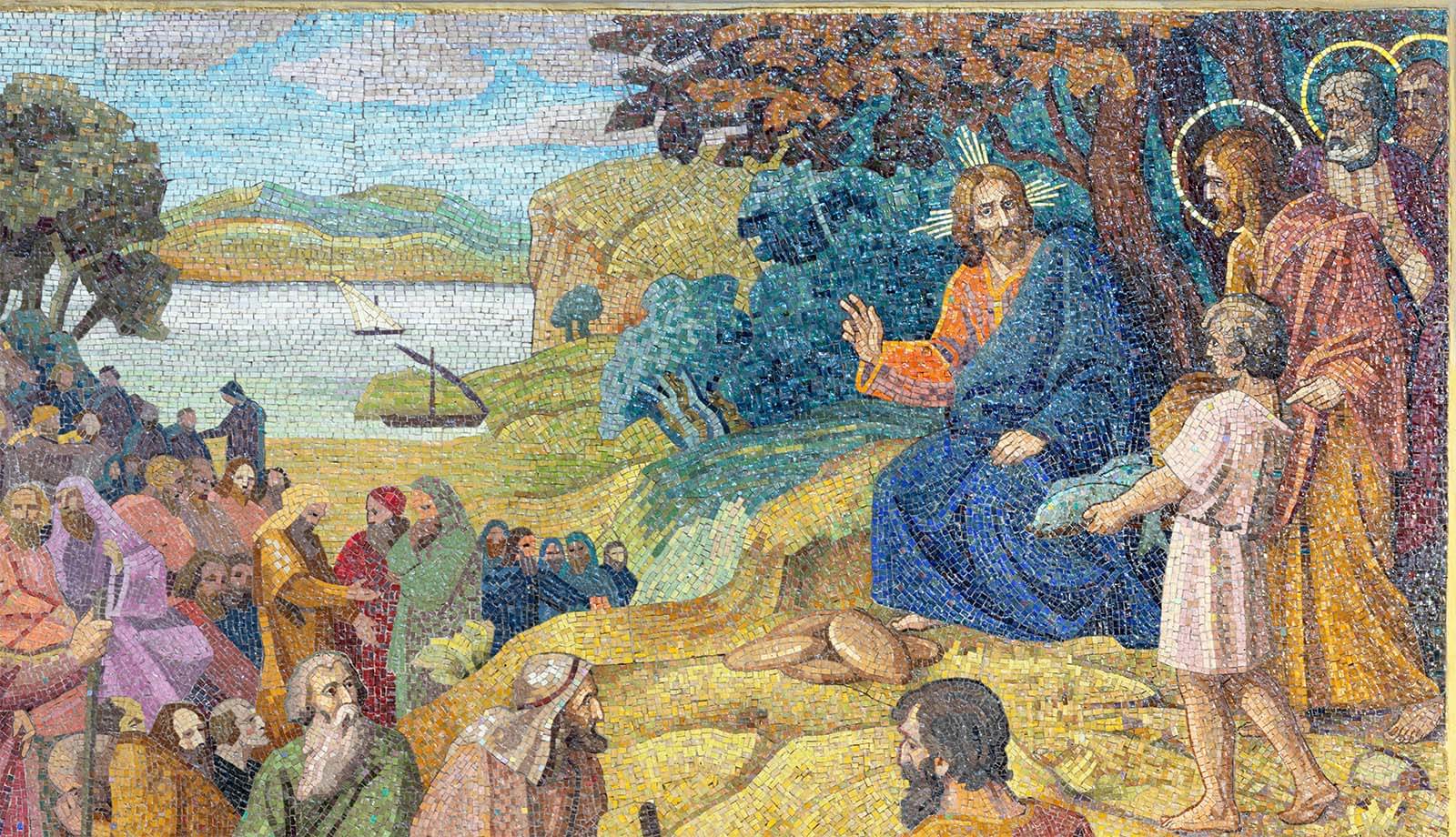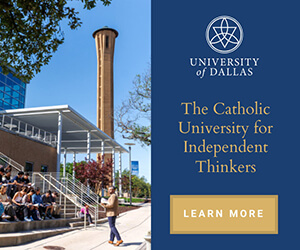Blessed are the peacemakers for they shall be called sons of God (Matthew 5:9). Peacemakers love peace, working to heal discord between people and to reconcile sinners estranged from God. “Sowing peace all around us: that is holiness” (Gaudete et Exsultate, 89).
Peace is innate to man’s vocation, felt in our natural desire and aspiration for the concord that is essential to a full, happy, and prosperous life. We share this vocation with our fellow man, since we share their “joys and hopes, grief and anguish” as we promote peace for all and proclaim its source: salvation in Christ Jesus.
“Man is made for the peace which is God’s gift.” In fact, it is Jesus Christ who “grants us true peace, which is born of the trusting encounter of man with God.” “Peace is both a messianic gift and the fruit of human effort.”
Yet sometimes this innate desire for peace is shattered by tragic events: mass shootings, war, terrorism, and violent crime… as did King Herod in Bethlehem when Jesus was born, when he tried to kill the newborn king of the Jews by massacring all the boys under 2 years old. Prior to this, Herod had terrorized the people with brutality and by assassinating his opponents, including his wives and sons. How can one find peace when the threat that such horrors may be repeated?
Pope Benedict XVI, 2012 World Day of Peace message, Blessed are the Peacemakers, identifies the chief cause of the breakdown in peace, which is— to no surprise—sin, reflected in individualism, selfishness, and pride, the desire for power, the use of violence, and the failure to forgive. In our own families, we see how these forms of sin disrupt family harmony and make our efforts to grow and reach happy and fulfilling lives more difficult.
I find Blessed are the Peacemakers corresponding to the 7th commandment, Do not steal, because coveting riches and one’s neighbor’s goods is the source of most wars, murder, and dissension in families, as we discussed in the first Beatitude—Blessed are the Poor in Spirit. Yet Christ’s Sermon on the Mount tells us that the source of true peace is being good children of God by trusting in our heavenly Father for our material needs (see Matthew 7:7-11), instead of taking from others by violence. Dissension and warfare arise when disordered desires lead to unjust hoarding and stealing of material goods.
Friendship and Solidarity
“The principle of solidarity, also articulated in terms of friendship or social charity, is a direct demand of human and Christian brotherhood” (CCC 1939). All human beings should seek friendship and the common good of all.
Abundantly widespread [today] is disregard for the law of human solidarity and charity, dictated and imposed both by our common origin and by the equality in the rational nature of all men, whatever nation they belong to. This law is sealed by the sacrifice of redemption offered by Jesus Christ on the altar of the Cross to his heavenly Father on behalf of sinful humanity (Pius XII, Summi pontificatus).
Solidarity is an eminently Christian virtue that is linked to social justice: reducing social and economic inequalities that arise from sin (see CCC 1940, 1947). It practices the sharing of spiritual goods even more than material ones (CCC 1948) and should be seen among the poor and between rich and poor; between employers and employees, and between co-workers; and internationally among nations and peoples. Solidarity is necessary for worldwide peace.


